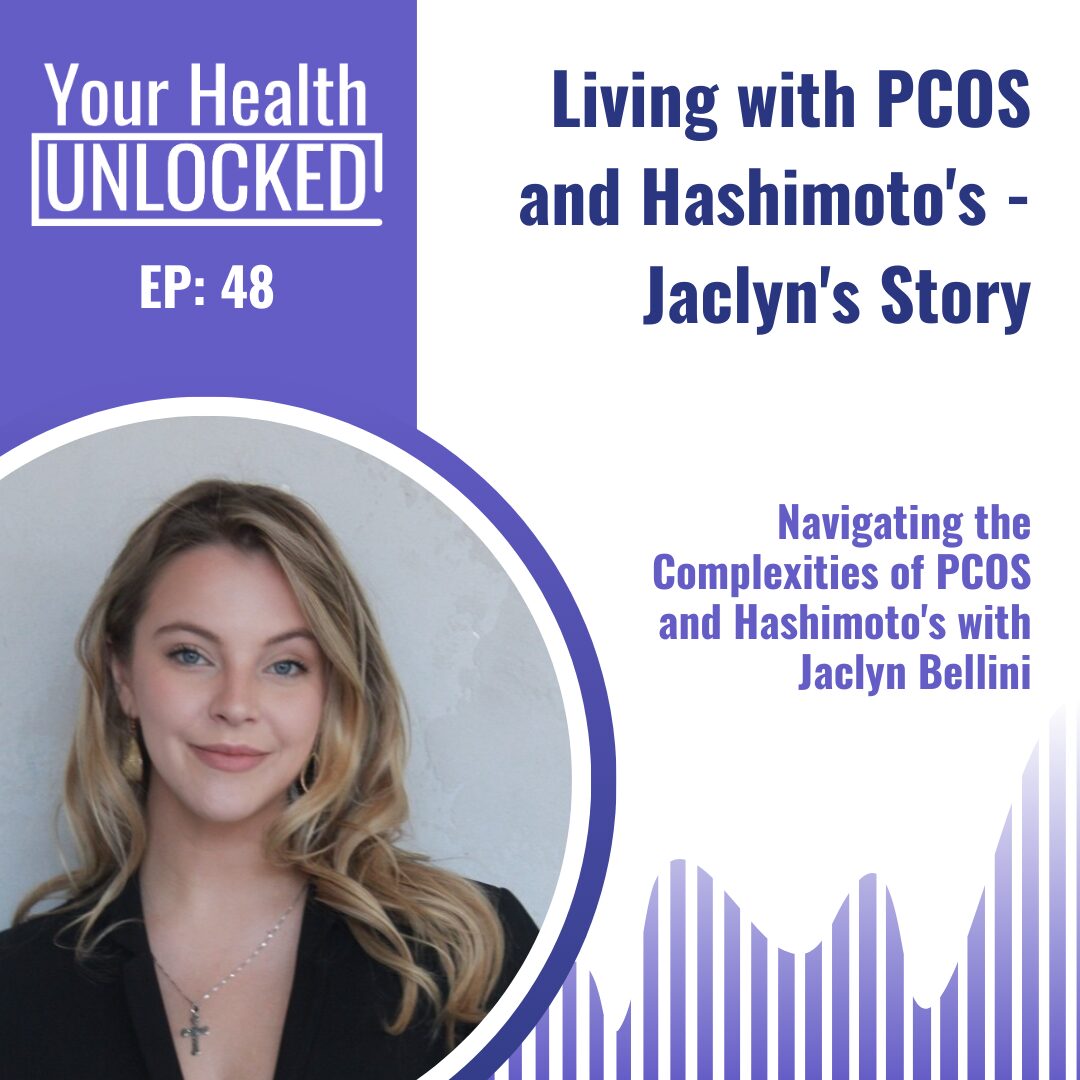
Your Health Unlocked Episodes
048: Living with PCOS and Hashimoto’s – Jaclyn’s Story
June 27, 2024
---
Women’s Health FAQs
Publication Date: September 01, 2016
By: Rachel Grimsley, (RN, BSN, MSN) Volunteer Health Officer

Taking hormonal contraceptives with rifampicin reduces the contraceptive’s effectiveness, which could result in unintended pregnancy or breakthrough bleeding.
Question
I am currently on the pill and had sex two days before taking antibiotics. Will antibiotics decrease the effectiveness of oral contraceptives? Should I use condoms just to be safe?
Answer
The only antibiotic documented to interfere with oral contraception is rifampicin (Rifadin), typically used to treat tuberculosis and other bacterial infections [1]. Taking hormonal contraceptives with rifampicin reduces the contraceptive’s effectiveness, which could result in unintended pregnancy or breakthrough bleeding.
If you have been prescribed rifampicin, it is a good idea to use other methods of contraception, such as a condom, diaphragm, and spermicides. Another alternative is to talk to your health care provider about other forms of hormonal contraception that are unaffected by antibiotic use, such as progestogen-only injection or intrauterine device (IUD). You don’t typically need to use additional contraception if you’re taking antibiotics other than rifampicin.
However, there is still controversy from researchers on whether other antibiotics lead to birth control failure, as many studies are small or don’t have quality designs [1]. Many medications can reduce the effectiveness of your birth control. Even over-the-counter herbal products like St. John’s wort can change how your body metabolizes your birth control, which could lead to pregnancy [1].
Even when taken perfectly, one in 100 women will get pregnant while on birth control, and up to nine in 100 will get pregnant with typical medication use [1]. When you start or stop a medication, are throwing up, have diarrhea, or forget to take your pill, using a backup form of birth control like condoms will better prevent pregnancy, and give you peace of mind.
To learn more about types of birth control and how to protect yourself best, read this from Planned Parenthood.
Sources
[1] Anderson, L. A. (2022, January 30). Antibiotics and birth control pill interactions: Fact or fallacy? Retrieved from https://www.drugs.com/article/antibiotics-and-birth-control.html
Updated 12/18/2023 by Rachel Grimsley, RN, BSN, MSN, Nurse Writer
The information on this site is not intended or implied to be a substitute for professional medical advice, diagnosis or treatment. All content, including text, graphics, images, and information, contained on or available through this website is for general information purposes only.
The continued availability of external resources is outside of the NWHN’s control. If the link you are looking for is broken, contact us at [email protected] to request more current citation information.
